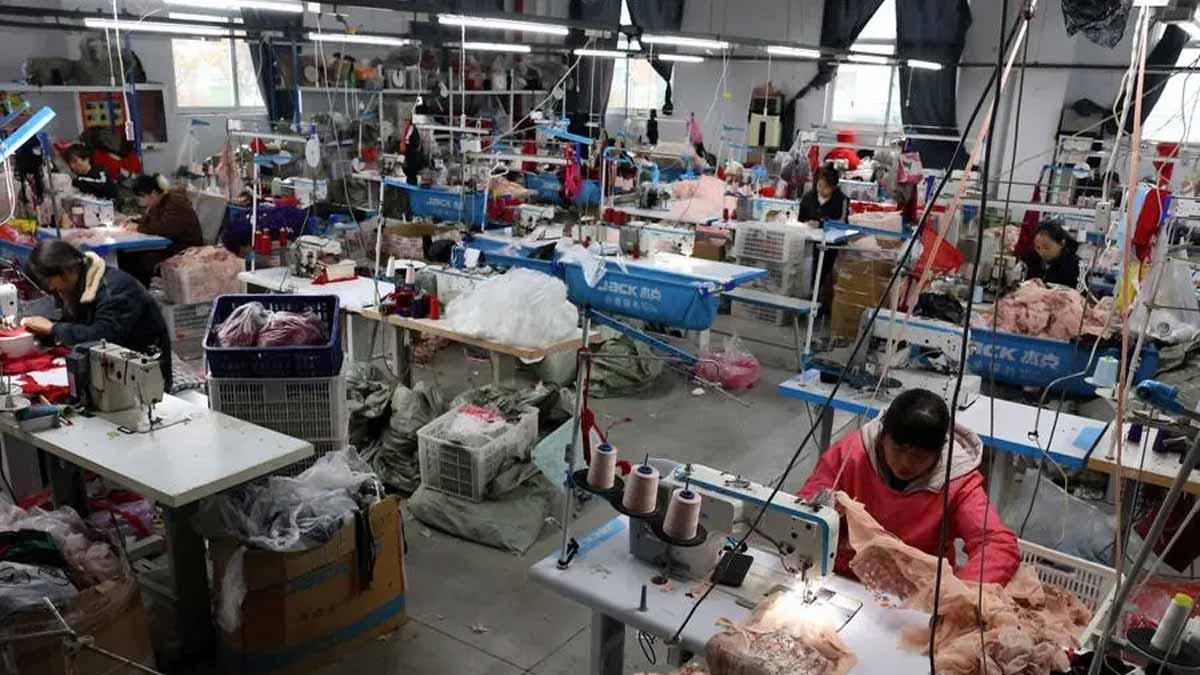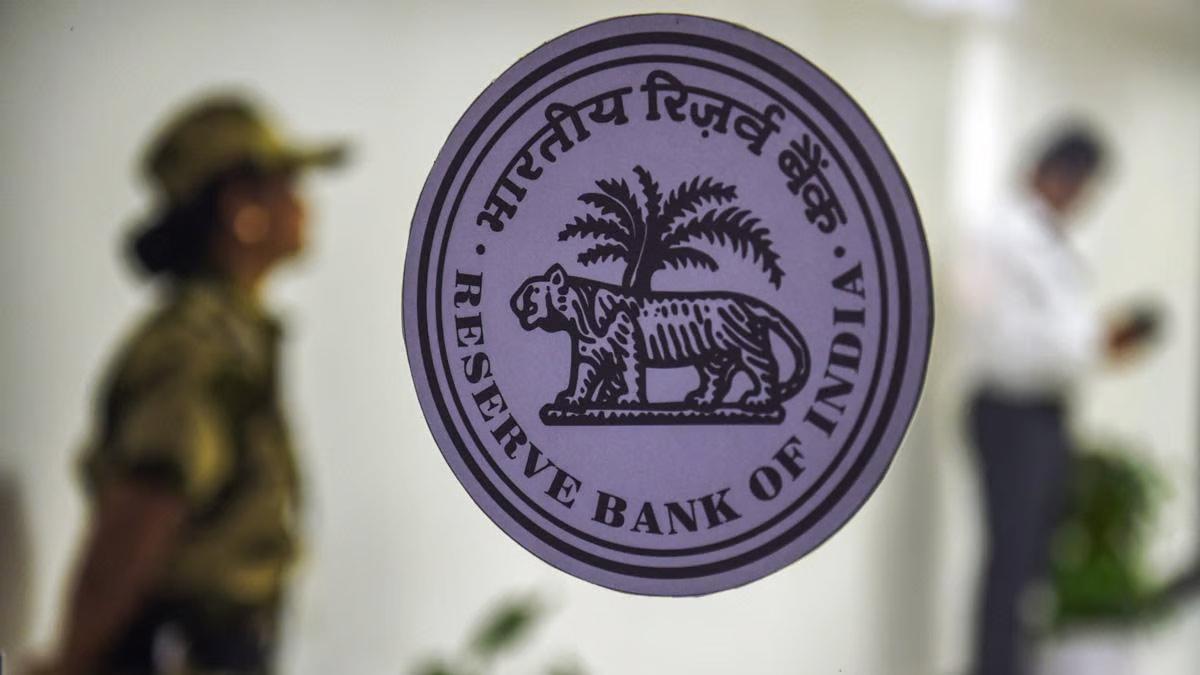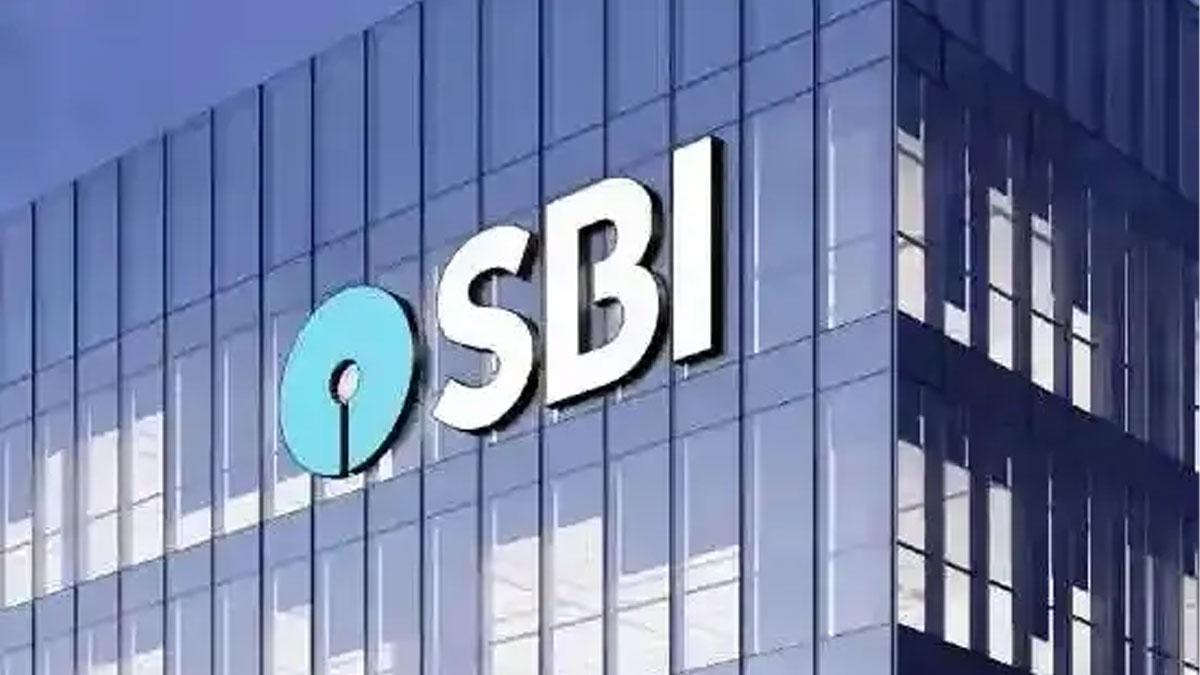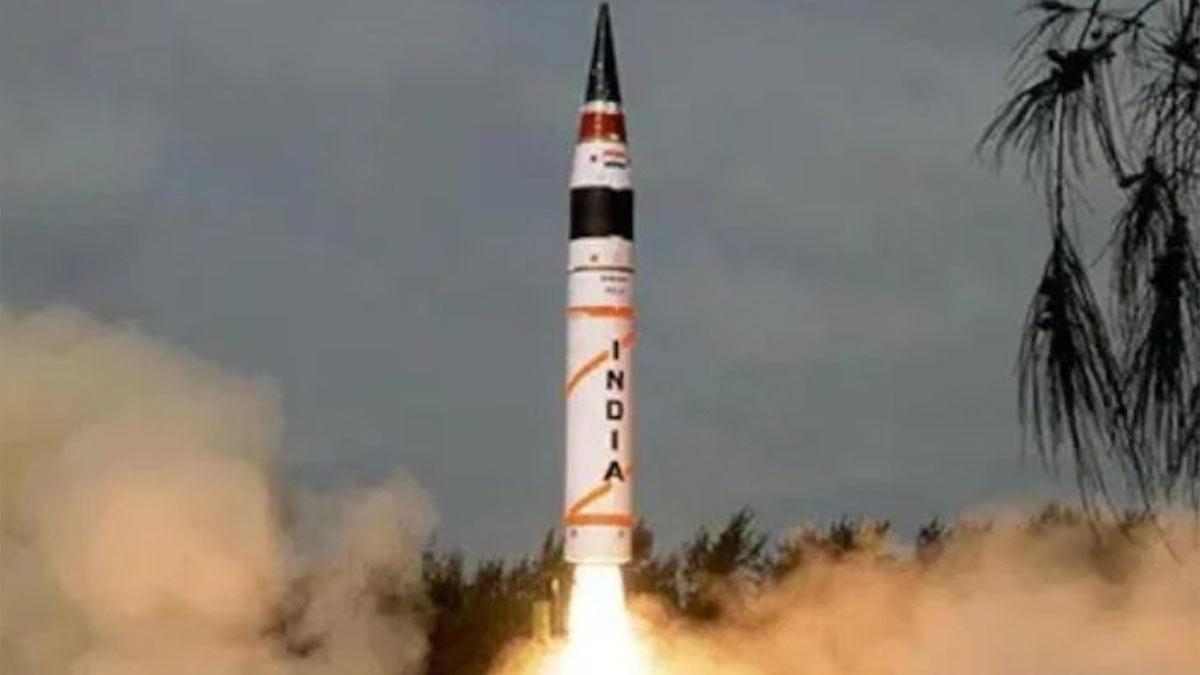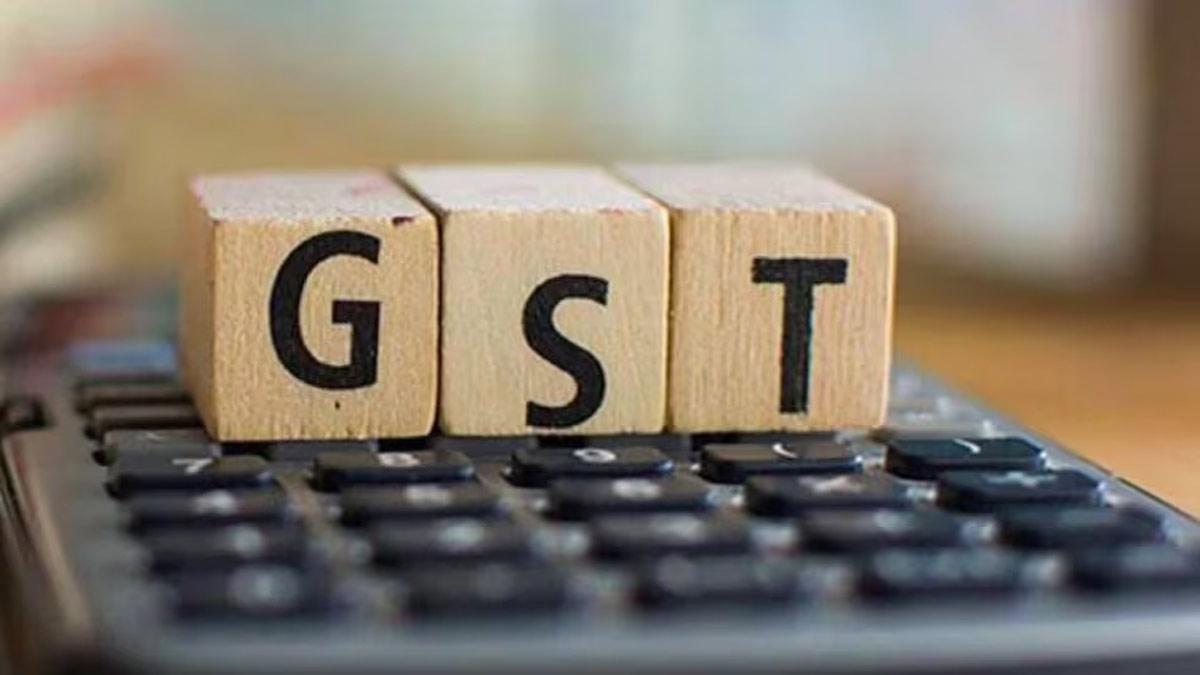China's manufacturing activity rose only slightly in December though services and construction rebounded, an official survey reported on Tuesday, indicating policy stimulus is finally leaking into some parts of the economy as it readies itself for new trade risks.
The NBS purchasing managers' index (PMI) slowed to 50.1 in December from 50.3 a month earlier, remaining above the 50-mark that separates growth from contraction but below a median forecast of 50.3 in a Reuters poll.
China's $18 trillion economy has struggled to recover from the pandemic amid weak consumption and investment, and a protracted property crisis. However, policymakers hope a recent blitz of fiscal and monetary measures will spark a turnaround in the property market, which has dragged on the broader economy.
Improved domestic demand may help manufacturers in the face of a global slowdown, offsetting the impact of U.S. President-elect Donald Trump's proposed new tariffs on Chinese goods.
"The worst part of overcapacity seems to be over, businesses are receiving more orders," said Xu Tianchen, senior economist at the Economist Intelligence Unit. "But there is a high risk of activity slowing again if stimulus subsides."
"The bottom line is the stimulus needs to be sustained."
The new orders sub-index of the manufacturing PMI rose to 51.0 this month - an eight-month high - up from 50.8 in November. But the new export orders, employment, factory gate prices sub-indices all remained firmly in negative territory, the NBS said.
Mixed industrial output and retail sales data for November, released earlier this month, underline just how tough it will be for Beijing to build a lasting economic recovery for 2025. Government advisers are recommending that the economy hold to a growth target of around 5.0% next year and that policymakers ramp up consumer-focused stimulus.
The non-manufacturing PMI, which encompasses construction and services, surged to 52.2 this month, after it eased to 50.0 in November. According to the NBS, the increase was driven by growth in China's financial services, telecommunications, and travel sectors.
After the data, China's blue chip CSI300 index dropped 0.6%, while Hong Kong's Hang Seng rose 0.35%.
KEEP THE STIMULUS FLOWING
Analysts at Nomura said it was too early to say whether support measures such as a consumer goods trade-in scheme and an easing of property purchase restrictions, for example, had done enough to get the economy on a more even keel for the long term.
"The payback may start in the form of a surge in purchases of durable goods," they said in a note. "Property sector remains a laggard, as the debt overhang of distressed developers continues to weigh on it." Trump's return to the White House is risk to Chinese exporters.
Trump has promised to impose a 10% tariff on Chinese goods to force Beijing to stop the trafficking of chemicals made in China, which are used to make fentanyl. He also campaigned on tariffs above 60% on Chinese goods, which is a significant risk to the world's largest exporter of goods.
Policymakers at an agenda-setting meeting held earlier this month pledged to raise the budget deficit, issue more debt and loosen monetary policy in a bid to support economic growth.
The World Bank last week raised its growth forecasts for China for 2024 and 2025, but warned that subdued household and business confidence, along with headwinds in the property sector, would weigh on economic growth next year. At its peak in 2021, the sector accounted for around a quarter of the economy.
Thursday sees the private sector Caixin factory survey, where analysts are forecasting its reading to edge up to 51.7.
The official December composite PMI from China, that is both manufacturing and services activity, climbed to 52.2 in December from 50.8 a month before.
"Increased policy support towards the end of the year has clearly provided a near-term boost to growth," said Gabriel Ng, assistant economist at Capital Economics.
But the boost probably will not last much beyond a few quarters as President Trump follows up on his threatened tariffs in next year, along with continued persistent structural imbalances weighing down on the economy.
Read also| India's CAD Stable, Foreign Financial Inflows Increase: Crisil Report

